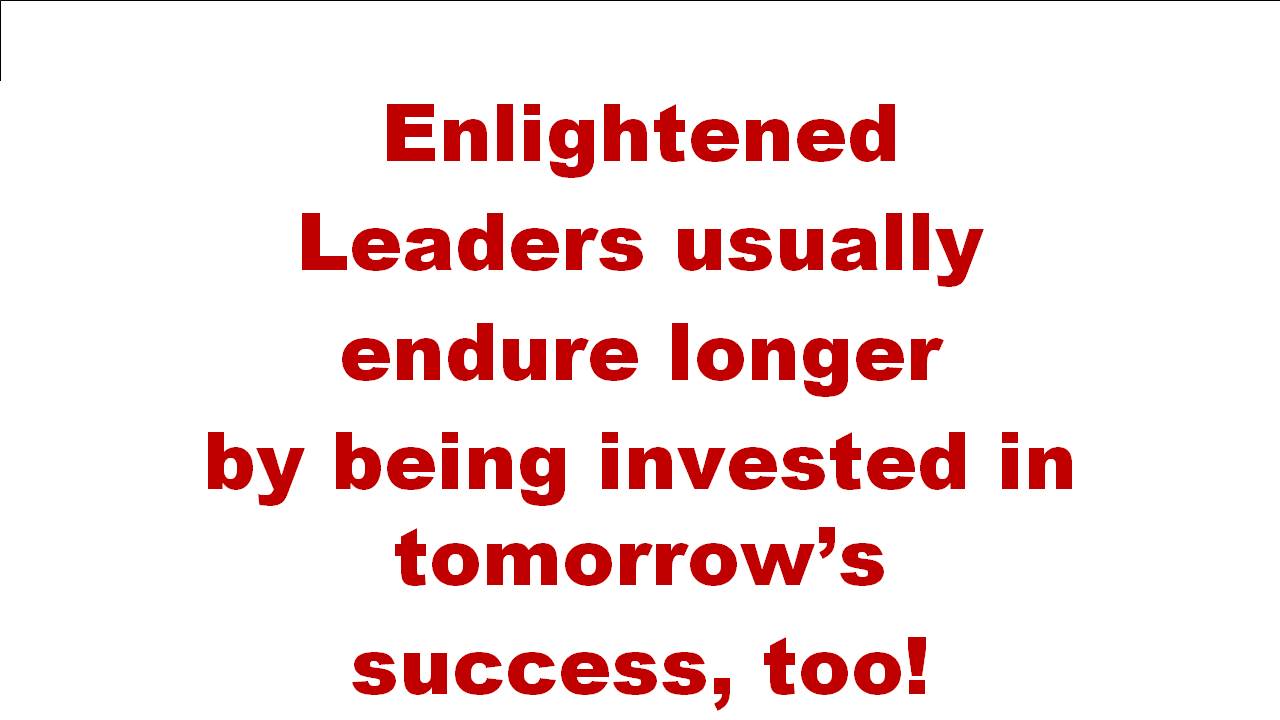by Peter A. Arthur-Smith
“The trio have dominated college and professional football over the last two-plus decades, and the teams they’ve coached have defined the sport for generations of fans” Axios.com, January 11th, 2024

Three household name football coaches announced they were moving on – Bill Belichick of New England Patriots, Pete Carroll of the Seattle Seahawks, and Nick Saban of Alabama State College. All are in their early 70s and all were nudged to bailout or retire at the end of their team’s unsuccessful 2023 season in early January.
For Belichick and Saban, two well-known football Grumps, and Carroll, a highly regarded people-coach; they will be lamented by sports writers who enjoyed dinging their personalities or writing about their many successes. They generated so many favorable or unfavorable stories. Belichick continues to be in the news because he decided to make himself available to other teams looking for a new coach. That isn’t going so smoothly, hence more headlines about him.
All were facing their team’s overall demise after several years of success and having to live with recent unfavorable results. Perhaps we can commiserate with them, because we would likely have hung in there, too, in hope of turning things around rather than read the writing on the wall. But then, could they have avoided this outcome? Could they have instead retired or stepped aside when their team was at its peak instead of waiting for events to overtake them? The temptation to stay on for even greater success is always enormous.
This is where one of the five hallmarks of truly great leaders manifests itself – humility. The other four being vision, integrity, courage and wisdom. All the signs were that George Washington possessed humility. He promptly retired after his one stint as being America’s first President, rather than hog the limelight. All the signs were that General Wellington and Admiral Nelson also chose humility. Perhaps that’s why they endure among history’s great leaders.
Will Saban, Belichick and Carroll all remain notable football coaches beyond their current recognition. It’s more than possible Carroll may outlast the other two, even though not quite as successful, because he was admired for his more people-oriented style. Maybe all three could have rounded out their careers by handing the baton to a really promising successor, while still at their peak of success? But maybe they could’ve done a better job of developing team bench strength, so that continued success was almost assured?
Again, it comes down to thinking about “tomorrow” just as much as “today;” not so easy when you’re having a historic run of success. An enlightened leader will bring this balance, where they have an eye on the future while also winning today. The gravy-train is inevitably not going to go on forever. It’s about investing in tomorrow without consuming all the profits of today. This is where stock exchanges like Wall Street don’t do venture leaders any favors. Stock analysts could really step-up much more by assessing a venture’s future, as well as its here-and-now, to encourage preservation of healthy ventures over a longer life span. It’s about time we changed our current myopic approach.
If Saban, Belichick and Carroll, all beholden to their team ownership, had been even more effective leaders, they would have retired or moved-on during better times and ensured their legacy with gold-stars. Jim Harbaugh, the recent Michigan State football coach who just eclipsed Saban’s team, has likely just done that. He left Michigan to join NFL team LA Chargers. He moved on while on top. Although Jim’s brother John, who coaches the Baltimore Ravens, has been its coach for more than ten seasons. He may be in line to follow Belichick, Saban and Carroll’s fate unless he can pull off a Super Bowl win this season. In fact, his team were hustled out of the NFL Division Championship this past weekend…stay tuned to the news!
Team owners too often follow Wall Street’s lead rather than take an enlightened leadership (EL) path. They allow themselves to become conventional managers (CMs), who just watch today’s share prices to make a decision…a great way to lead? Maybe that’s the key difference, because too often CMs are eclipsed by pursuing today’s success, while ELs usually endure longer by being invested in tomorrow’s success, too! To be fair to the threesome: maybe they were more in the EL’s camp earlier on, but allowed themselves to be cornered by the huge swath of CM’s out there over time?
